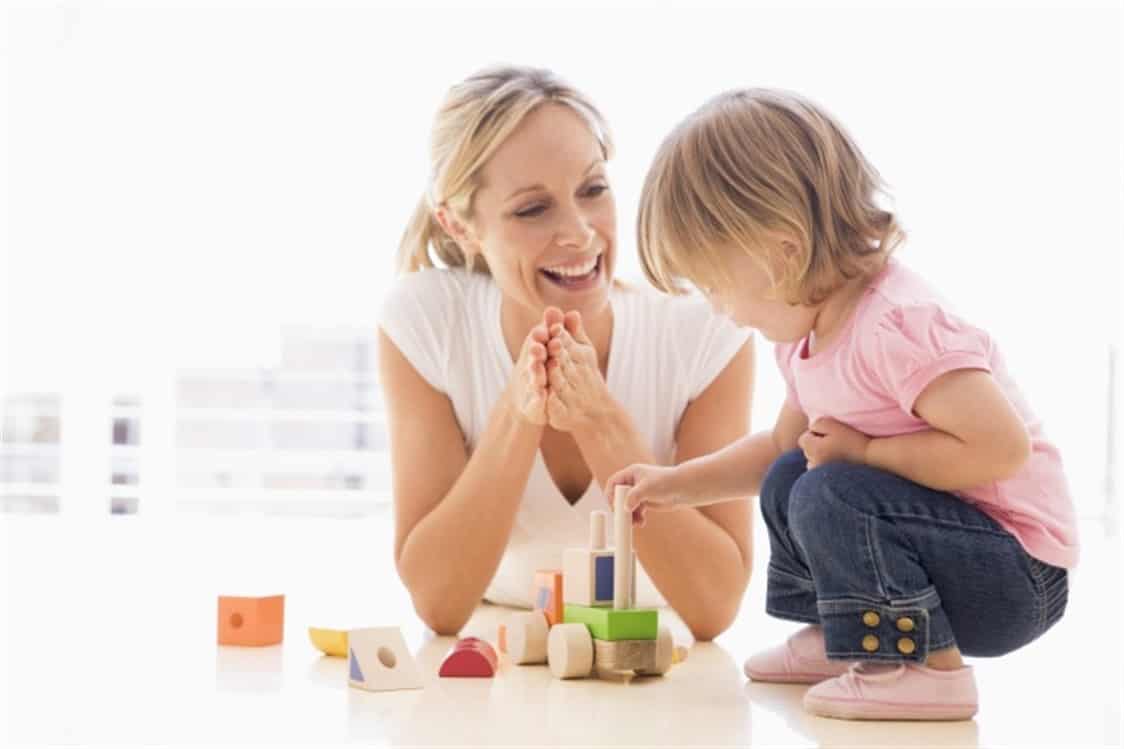بمناسبة عيد الأم ..كيف تمدحين طفلك؟

بمناسبة عيد الأم ..كيف تمدحين طفلك؟
بمناسبة عيد الأم ..كيف تمدحين طفلك؟
توصلت الأبحاث إلى أن كيفية مدح الطفل مهمة وأن هناك بعض أنواع المديح التي يمكن أن تكون أفضل من الأنواع الأخرى. فيما يلي 7 نصائح قائمة على الأدلة لمدح الأطفال بشكل فعال:
1. مدح الأفعال وليس الشخص
امدح جهود طفلك واستراتيجيته وإنجازه، بدلاً من مدح السمات التي لا يمكنه تغييرها بسهولة (مثل الذكاء أو الرياضة أو الجمال). توصلت الأبحاث إلى أن هذا النوع من “الثناء على العملية” يعزز الدافع الداخلي للأطفال والمثابرة في مواجهة التحدي. أما “مدح الشخص” (أي مدح السمات المرتبطة به) فإنه يجعل الطفل يركز أكثر على أخطائه ويستسلم بسهولة أكبر ويلقي اللوم على نفسه.
2. الثناء الداعم
تشير الأبحاث إلى أن المديح يجب أن يدعم استقلالية الطفل ويشجع على حكمه على نفسه. على سبيل المثال، أن يقول الأب أو الأم: “يبدو أنك استمتعت حقًا بذلك الهدف” بدلاً من قول: “يسعدني كثيرًا عندما تسجل هدفًا”.
3. تجنب المقارنة بالآخرين
عندما يستخدم المديح لمقارنة طفل بالآخرين، فإنه يعزز الأداء على المدى القصير. ولكن على المدى الطويل، ربما تتعلق هذه الممارسة بالأفراد الذين يحكمون على أدائهم فقط فيما يتعلق بالآخرين بدلاً من تحقيق أهدافهم الخاصة أو الاستمتاع بها بأنفسهم. ومن المهم ملاحظة أن هذه النتائج ربما لا تنطبق على الأفراد من الثقافات الجماعية.
4. التخصيص لا التعميم
كشفت نتائج الأبحاث أن المدح بمعلومات محددة يساعد الأطفال على تعلم كيفية تحسين سلوكهم في المستقبل. على سبيل المثال، تساعد عبارة “عليك وضع ألعابك مرة أخرى في السلة أو الصندوق عند الانتهاء من استخدامها” الأطفال على تعلم توقعات محددة.
فإذا قال الوالدان ببساطة “عمل رائع” بعد أن يعيد الطفل ترتيب ألعابه، فربما لا يعرف ما تشير إليه العبارة. وتجدر أيضًا الإشارة إلى أن دراسة حديثة توصلت إلى أن المديح العام والغامض يمكن أن يجعل الأطفال ينظرون إلى أنفسهم بشكل أكثر سلبية. إن الفكرة الأساسية وراء تجنب هذا النوع من المديح العام هي أنه يمكن ألا يعطي الأطفال فكرة عن كيفية التحسين في المستقبل.
5. استخدام الإيماءات
تشير الأبحاث أيضًا إلى أن الآباء يمكن أن يستخدموا الإيماءات (مثل الإشارة بالإبهام لأعلى) لتشجيع أطفالهم من حين لآخر. توصلت الأبحاث إلى أن الإيماءات يمكن حقًا أن تكون فعالة للغاية في تحسين التقييم الذاتي للأطفال، وهذا هو حكمهم على كيفية أدائهم وكيف يشعرون حيال ذلك.
6. كن صادقا
تشير الأبحاث إلى أنه عندما يشعر الأطفال أن والديهم إما يبالغون في الإشادة بأدائهم أو يقللون من مدحهم، فإنهم أكثر عرضة للإصابة بالاكتئاب وانخفاض الأداء الأكاديمي. وفي الوقت نفسه، كشفت الأبحاث أن المديح المفرط (مثل أن يقول أحد الوالدين: إن “هذا هو أجمل رسم رأيته في حياتي”) يرتبط بتطور احترام الذات لدى الأطفال وتجنب التحديات والاعتماد المفرط على المديح.
7. المديح والاهتمام الإيجابي
يبدو أن المديح بالإضافة إلى الاهتمام الإيجابي أو الاستجابة غير اللفظية الإيجابية (عناق أو ابتسامة أو تربيت أو أي نوع آخر من المودة الجسدية) هي الأكثر فعالية في تحسين سلوك الأطفال.
ولكن من المهم ملاحظة أنه لا يتعين على الآباء اتباع كل هذه القواعد بشكل مثالي. على سبيل المثال، كشفت الأبحاث أنه طالما أن معظم الثناء الذي يسمعه الأطفال (ثلاث مرات على الأقل من أربع مرات) هو مدح عملية، فإن الأطفال يظهرون زيادة في المثابرة وتحسين التقييم الذاتي.






